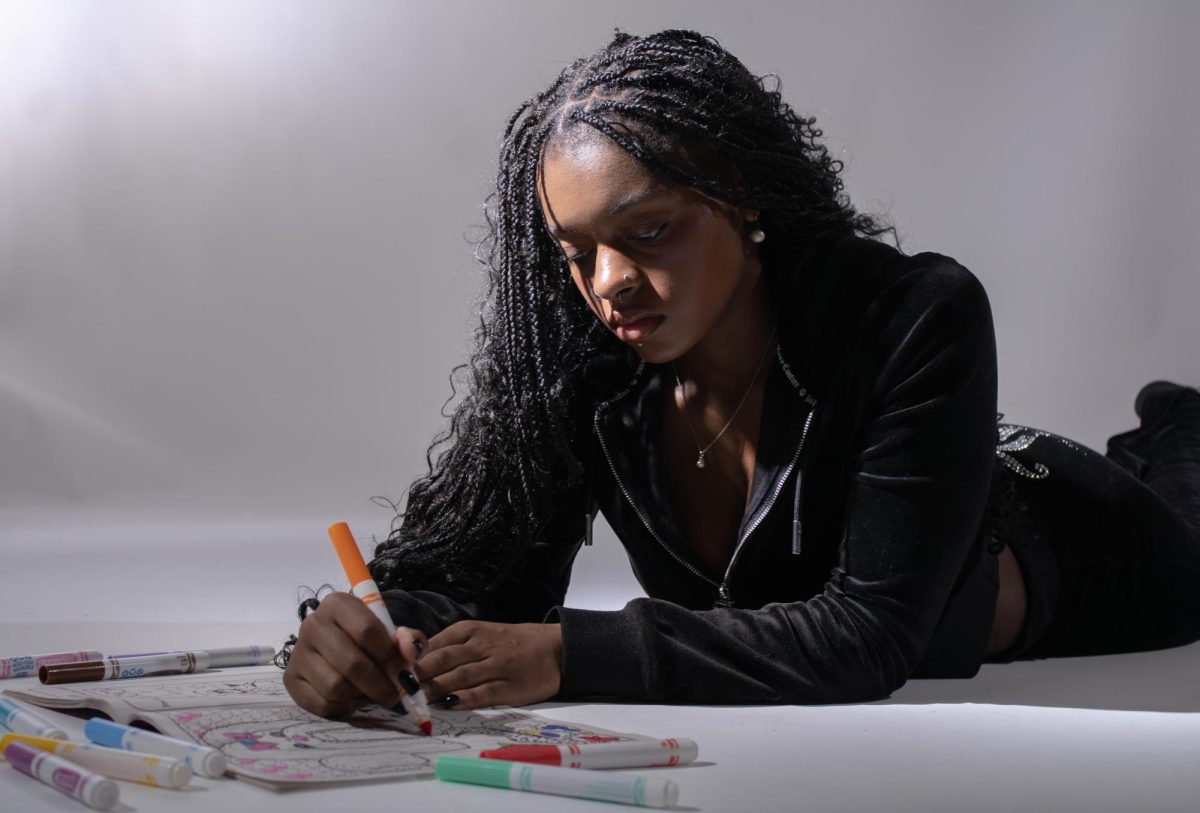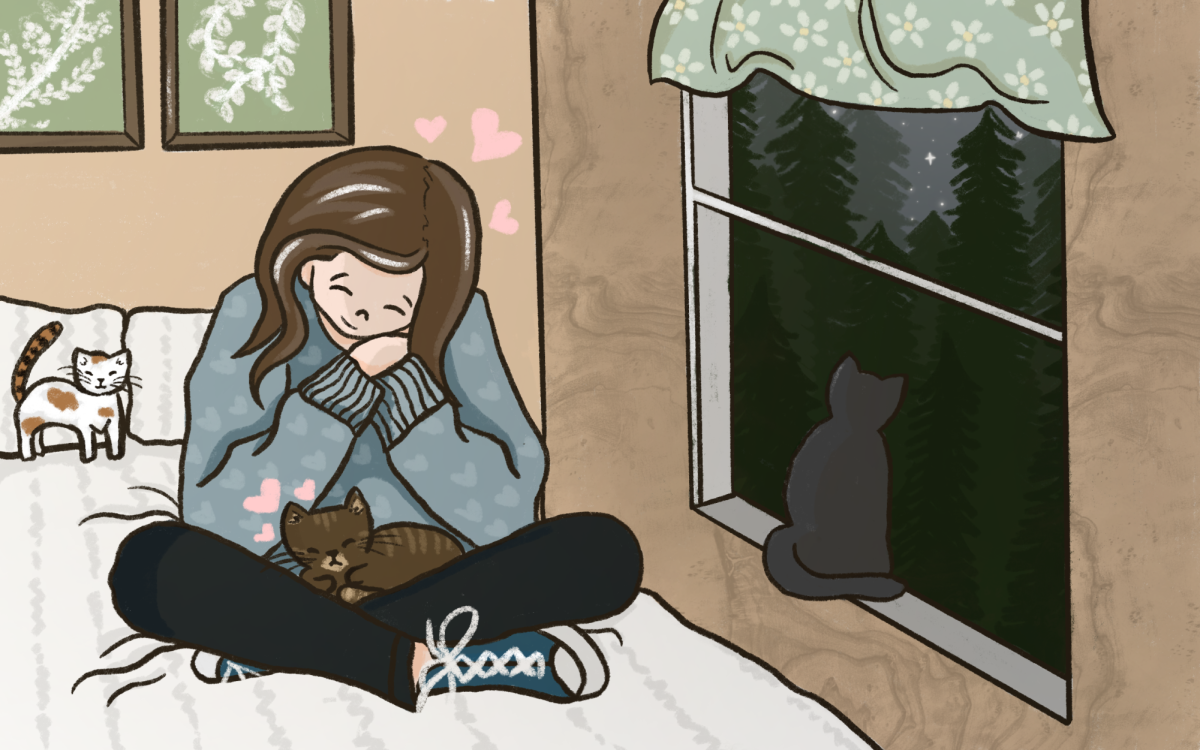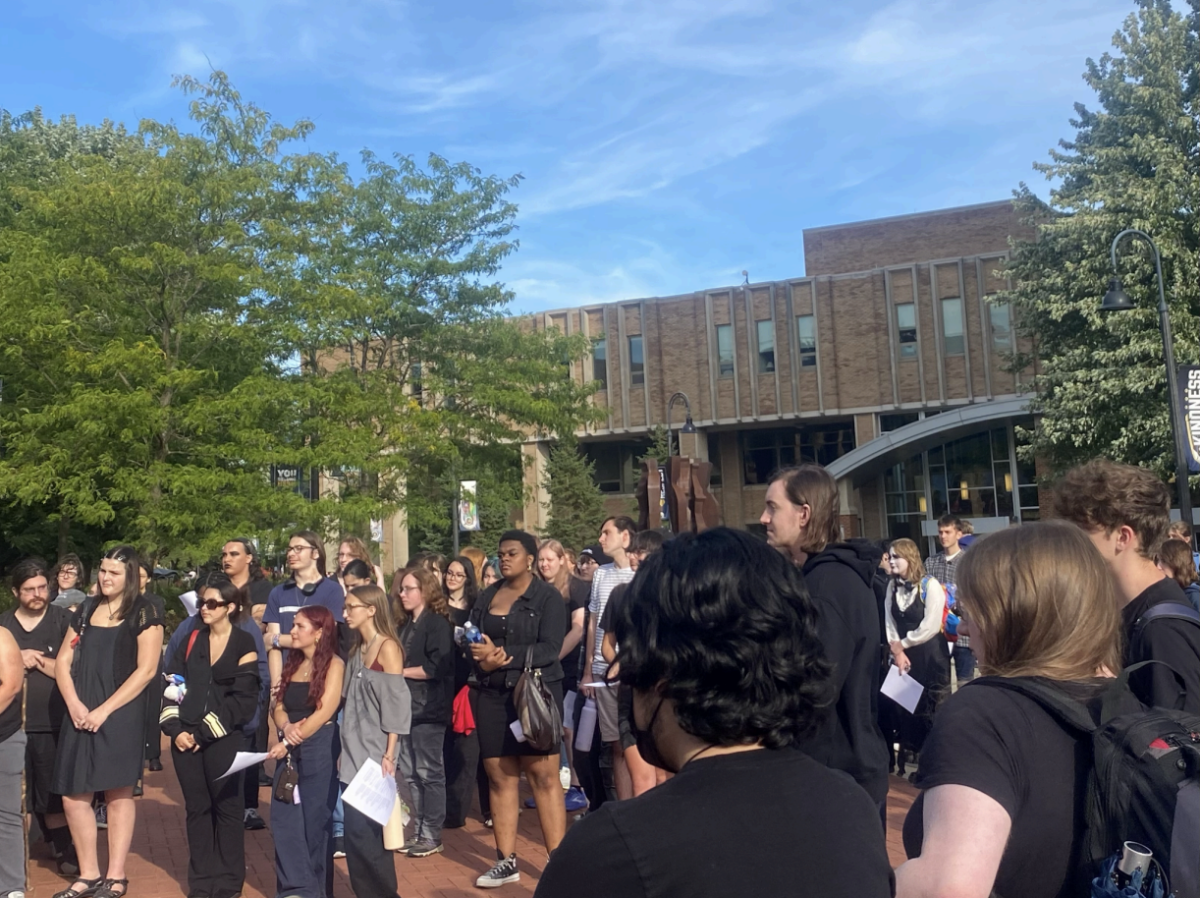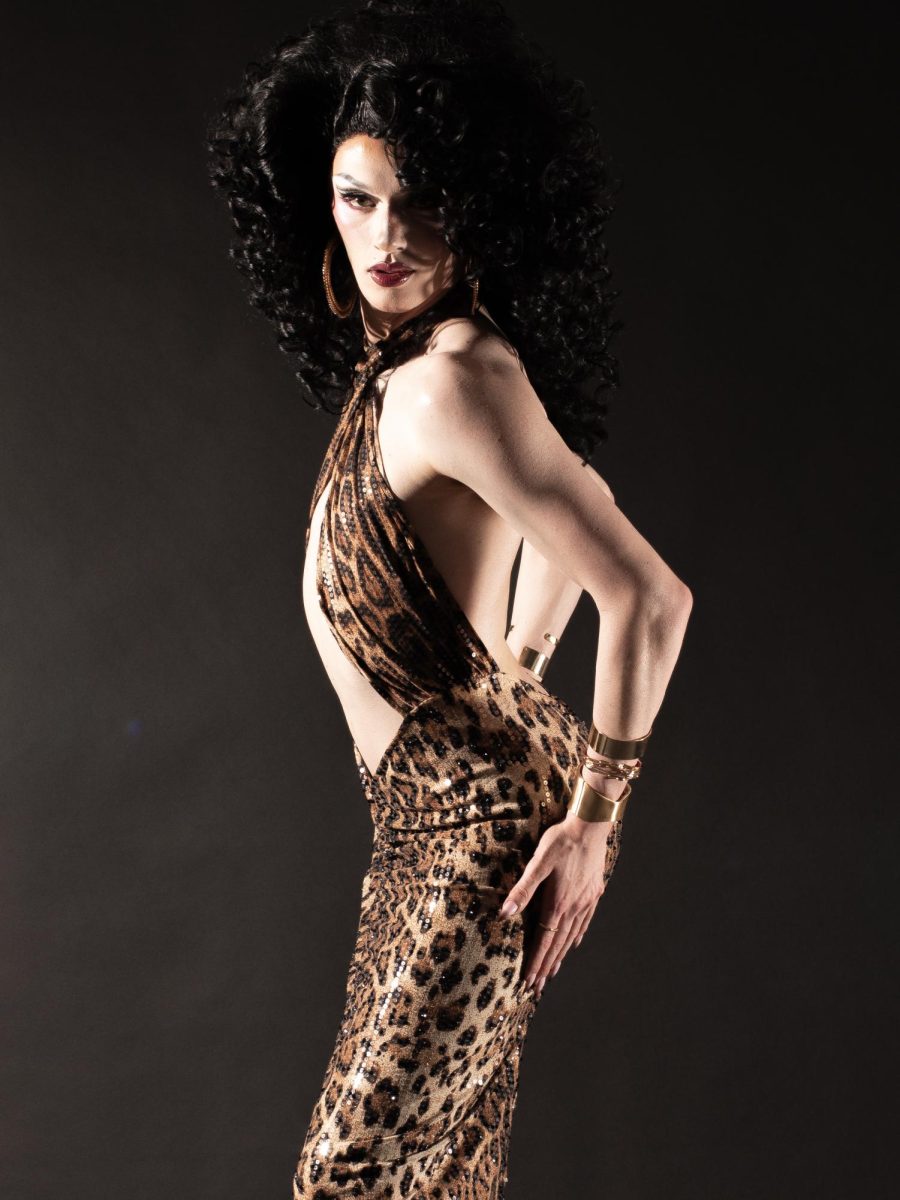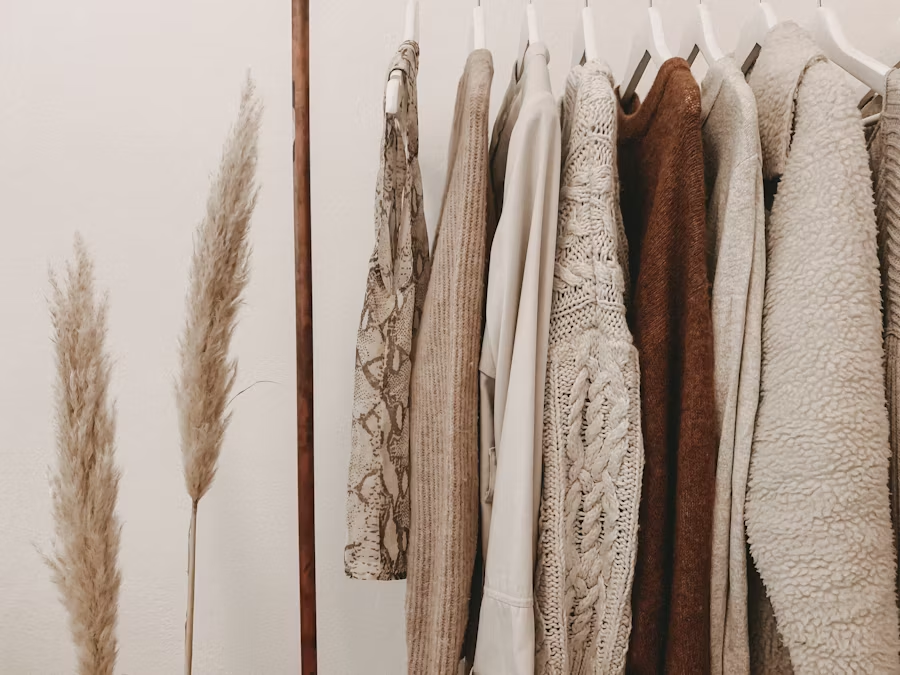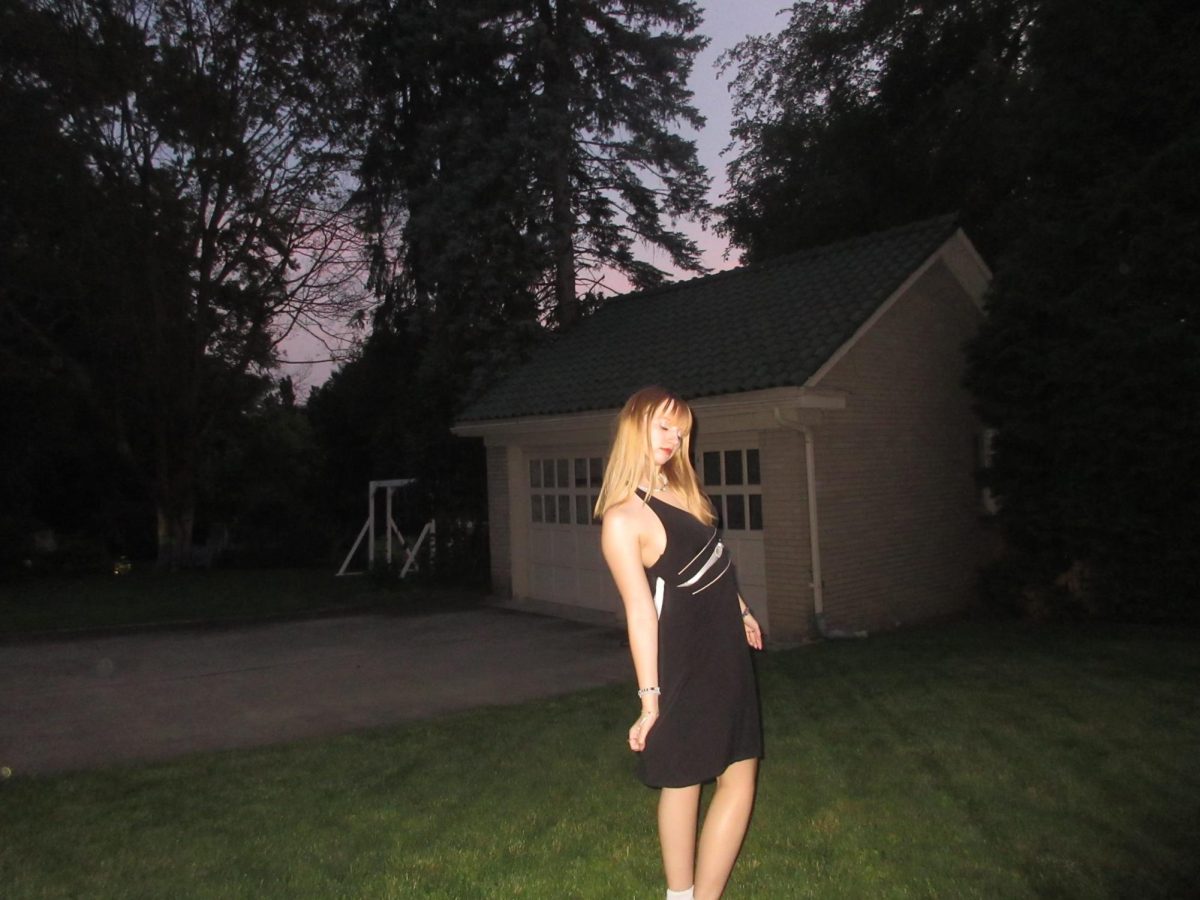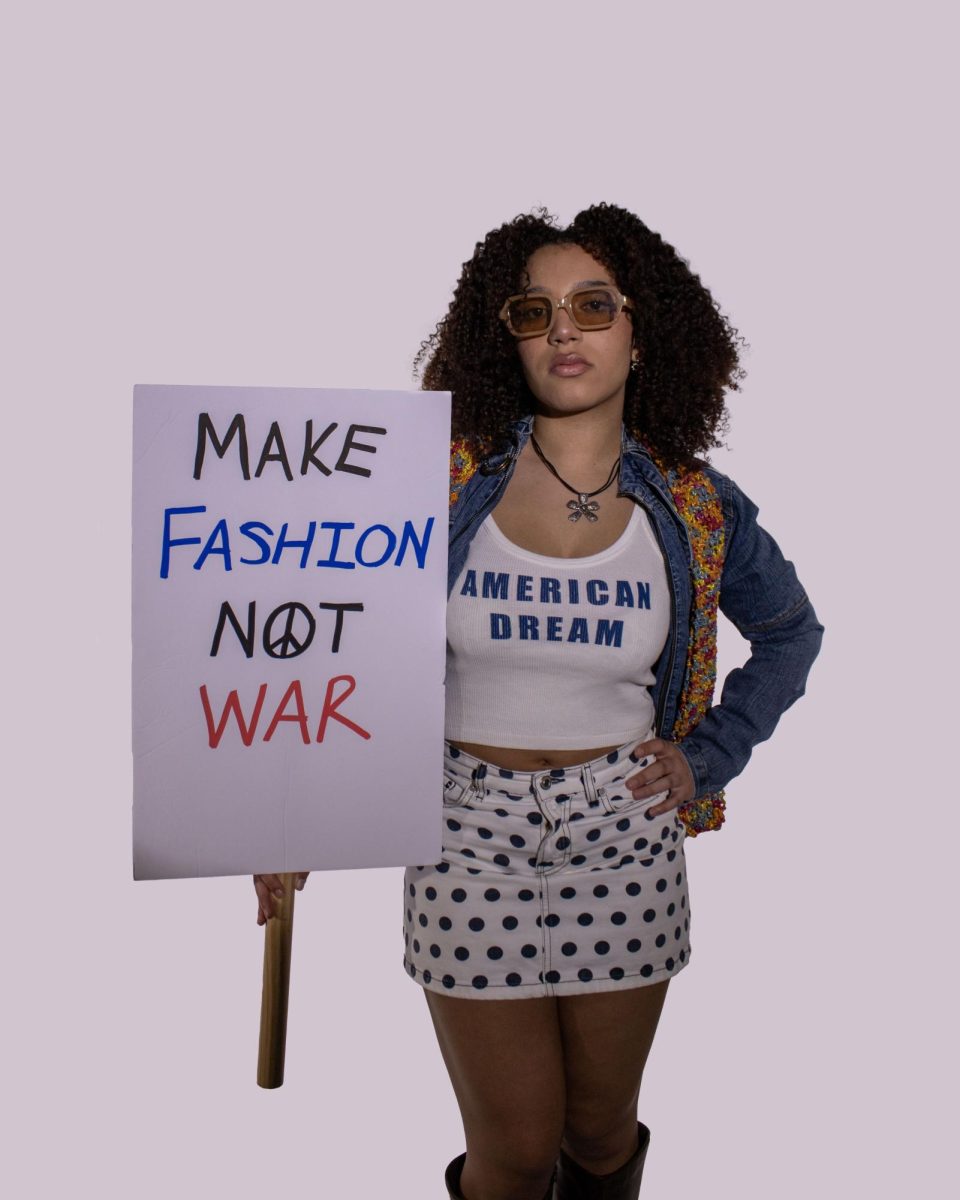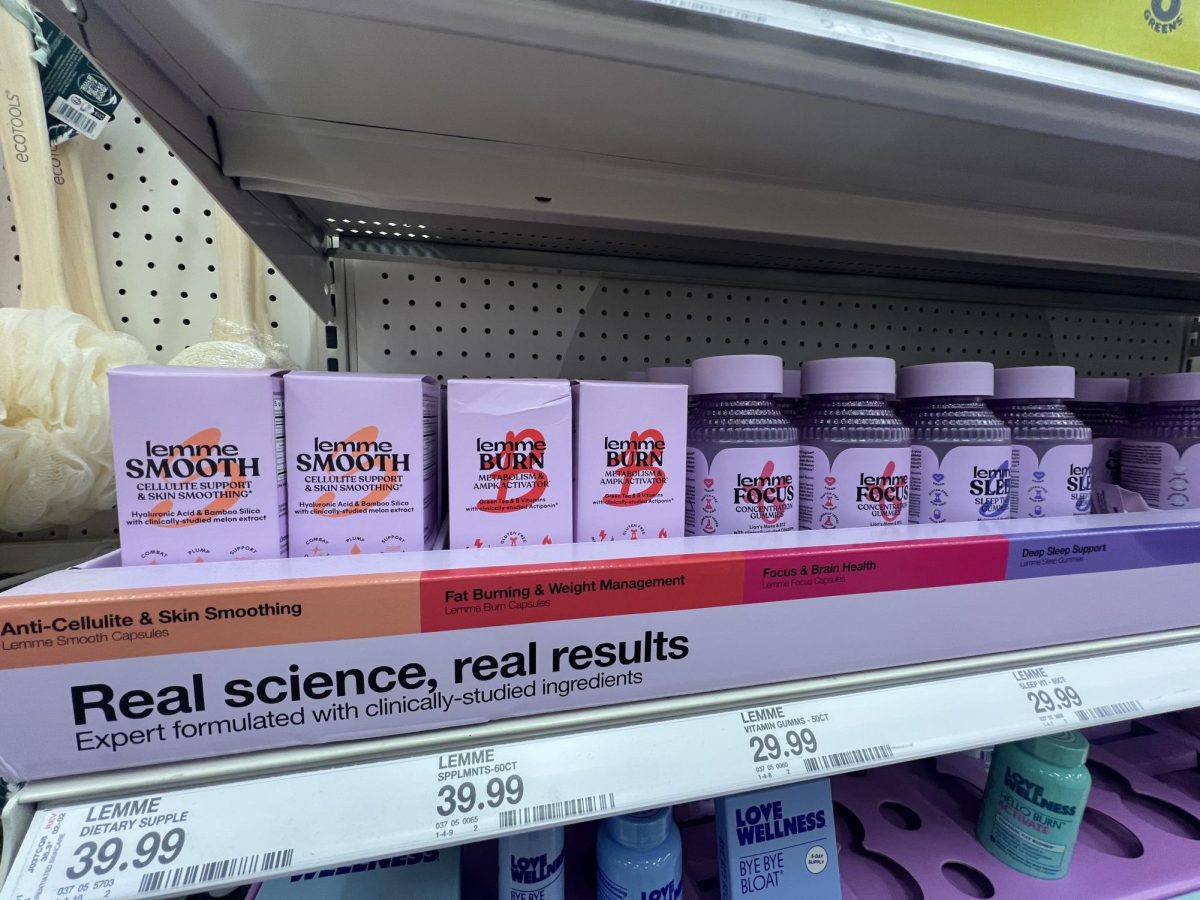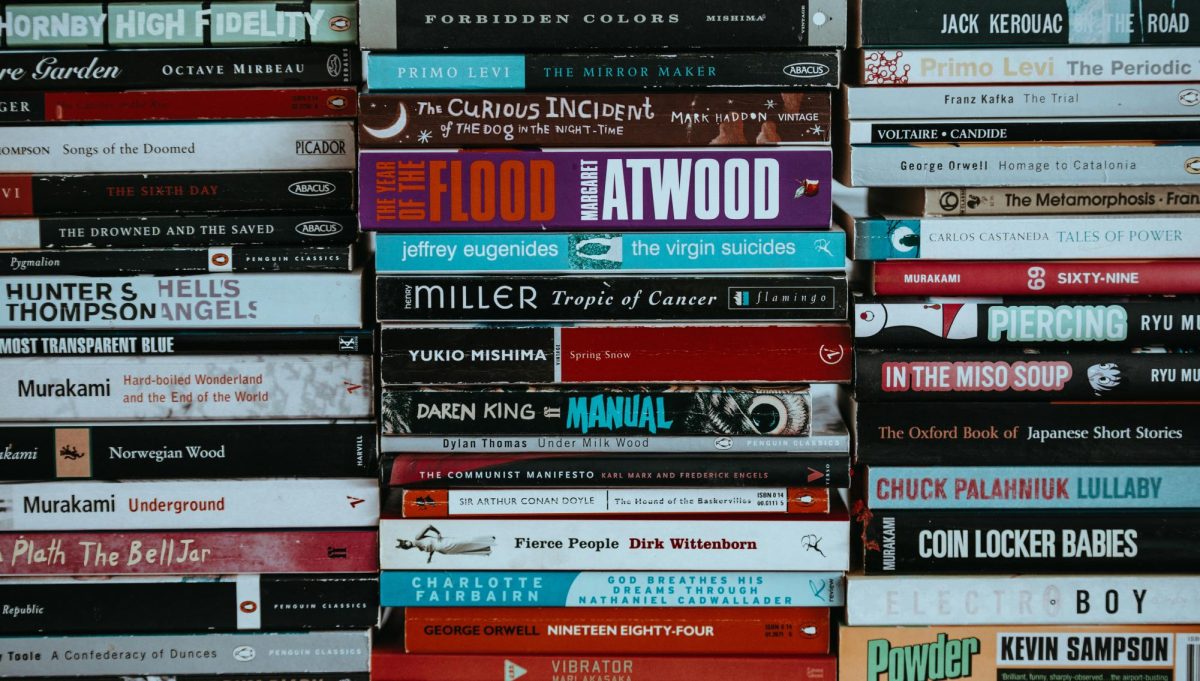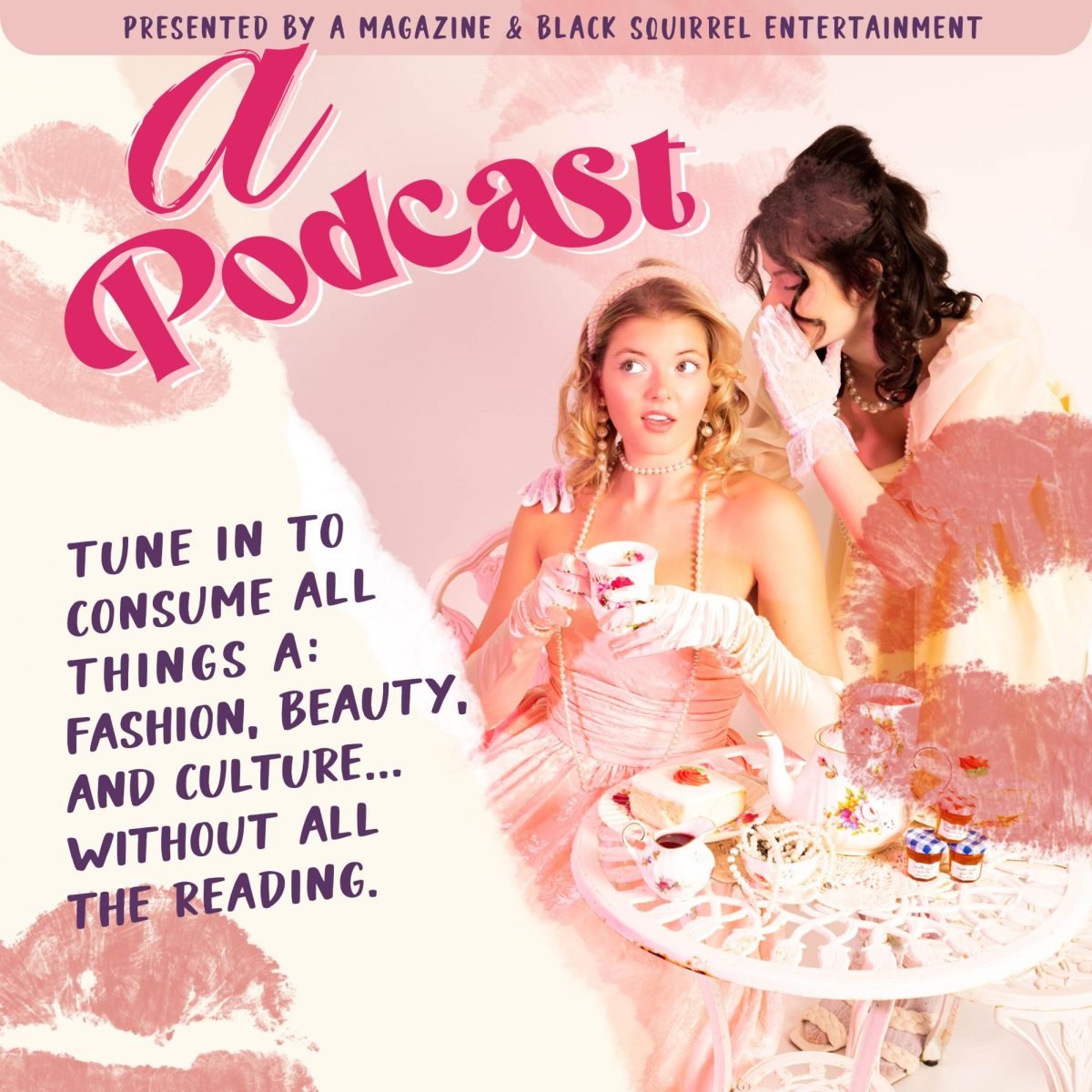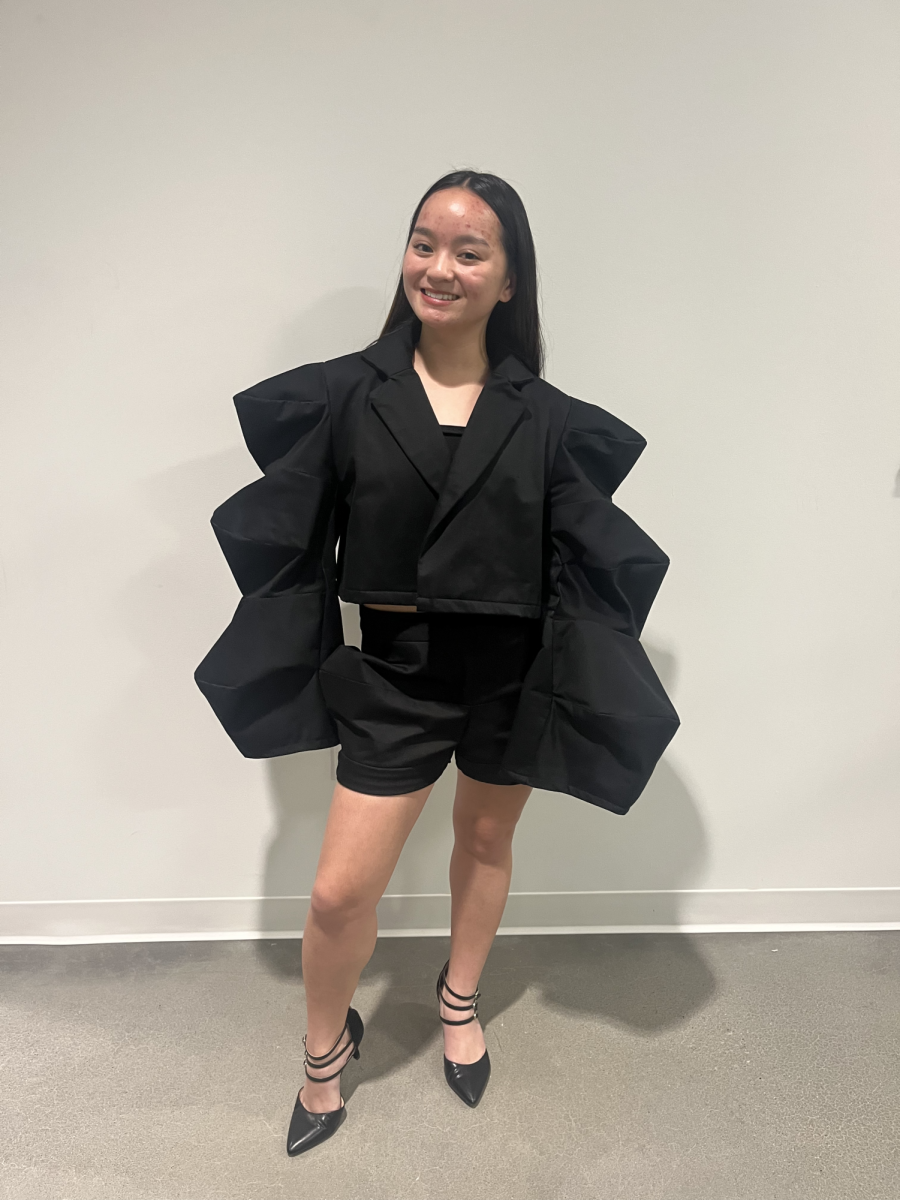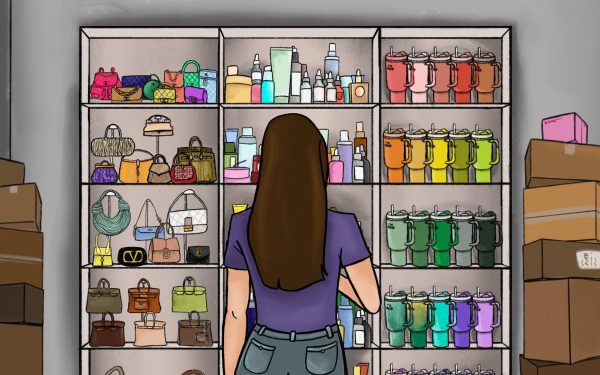
In a world where followers cling to every post they see, influencers have long been seen as the epitome of perfection. Their carefully curated lives, from morning routines to fitness goals and beauty regimens, have been the blueprint for millions of fans. But as the veil lifts and more influencers confess to their staged lives, the truth about these polished personas is more deceptive than ever before.
With the continuous rise of TikTok and Instagram, influencers have become new-age celebrities, building a reputation for authenticity and relatability. Yet, under increasing pressure to maintain their image, many have resorted to exaggerating or fabricating aspects of their daily routines.
From “realistic” skincare routines to “morning coffee talks,” what we see on our screens doesn’t always represent the whole picture.
A Web of Deceit
These recent revelations have caused a stir, as influencers are openly admitting to manipulating their content for clicks, sponsorship deals and most importantly, fame.
Popular health and wellness influencer Lexi Hidalgo, known for her engaging “coffee talks” on TikTok shocked her followers when it was revealed she had never actually consumed the coffee she so passionately shared in her videos.
According to a report by Fortune, Hidalgo confessed that she had been lying about her routine, and she also only did half of the workouts she showcased to her audience.
“I never once drank the coffee I made in my coffee talks and only did, like, half the workouts I posted,” Lexi Hidalgo admitted to her 2.7 million fans.
This confession echoed a growing trend among influencers caught falsifying content, sparking a wider conversation about authenticity and the pressures of being a social media star.
YouTuber Hannah Alonzo echoed these sentiments in her “Influencer Insanity” series, where she spent 90 minutes calling out influencers for their fake routines and dishonest portrayals of their lives.
Alonzo’s commentary goes beyond just a few isolated incidents; it’s a broader critique of a culture built on illusion and manipulation. She argued that this trend of false advertising isn’t just harmless fun but a reflection of the toxic and unrealistic standards their viewers feel like they are expected to meet.
Some, like Alonzo, feel the truth needs to be exposed. Regardless of motivation, one thing is clear: the bubble of perfection influencers have created is slowly deflating, leaving fans questioning what is real and what is just for clicks.
The Pressure to Perform
Influencers feel the need to lie about their routines due to the economics of social media fame.
Influencers make money through brand sponsorships, collaborations and endorsement deals, many of which rely on the perceived authenticity and relatability of their content. A “real” morning routine or workout video often has a price tag, not to mention the pressure to maintain a consistent level of performance.
This has led many influencers to fabricate or exaggerate their content to meet those demands. They know authenticity, in the eyes of their followers, often translates to success. But is this sustainable?
Julie Ruby’s YouTube video, “Influencers ADMIT They Were Lying for FAME!” delves into the psychology behind this trend, explaining how fame-driven influencers are willing to do almost anything to maintain their popularity.
She explains that “faking it until you make it” isn’t just a saying—it’s the cornerstone of many influencers’ strategies.
The Backlash
The trust between influencers and their audiences is fragile. When followers find out the “real” routines and lifestyles they’ve been emulating aren’t as authentic as they were led to believe, disappointment sets in.
Fans have taken to social media to express their frustrations, and some have even vowed to unfollow influencers who have been exposed. For many, this marks the end of blind loyalty to their favorite creators as they realize that they’ve been sold a fantasy, not a reality.
In an era where mental health is a growing concern, the realization that influencers are not as “real” as they appear can have a damaging effect on fans. As followers strive to emulate influencers’ perfect routines that aren’t sustainable for them physically and emotionally, this can lead to lower self-esteem, anxiety and depression.
One influencer even admitted in Hannah Alonzo’s video that they thought everyone knew their routines were fake, but the problem is many followers didn’t know. They genuinely believed these routines were real, trusting the influencer’s content and seeing it as a guide for their own lives.
When these influencers were exposed, it wasn’t just about getting caught in a lie—it was about the betrayal of trust and the disillusionment of those who truly admired their idols.
The End of the Era of Perfection?
As influencers increasingly admit to fabricating their content, it can only be justifiable to wonder if we’re witnessing the end of the era of perfection. With the rise of trends like underconsumption and “Project Pan” (a challenge that encourages individuals to use a makeup product until they reach the bottom of the pan) on social media, influencers are attempting to embrace a more “real” lifestyle.
However, even with this shift, perfection will likely persist as influencers strive to maintain visibility. Until we can rebuild some trust in social media and its portrayal of realistic routines, we may need to take what we see online with a grain of salt.
Support Student Media
Hi! I’m Kayla Friedman, A Magazine’s editor-in-chief. My staff and I are committed to bringing you the most important and entertaining news from the realms of fashion, beauty and culture. We are full-time students and hard-working journalists. While we get support from the student media fee and earned revenue such as advertising, both of those continue to decline. Your generous gift of any amount will help enhance our student experience as we grow into working professionals. Please go here to donate to A Magazine.


